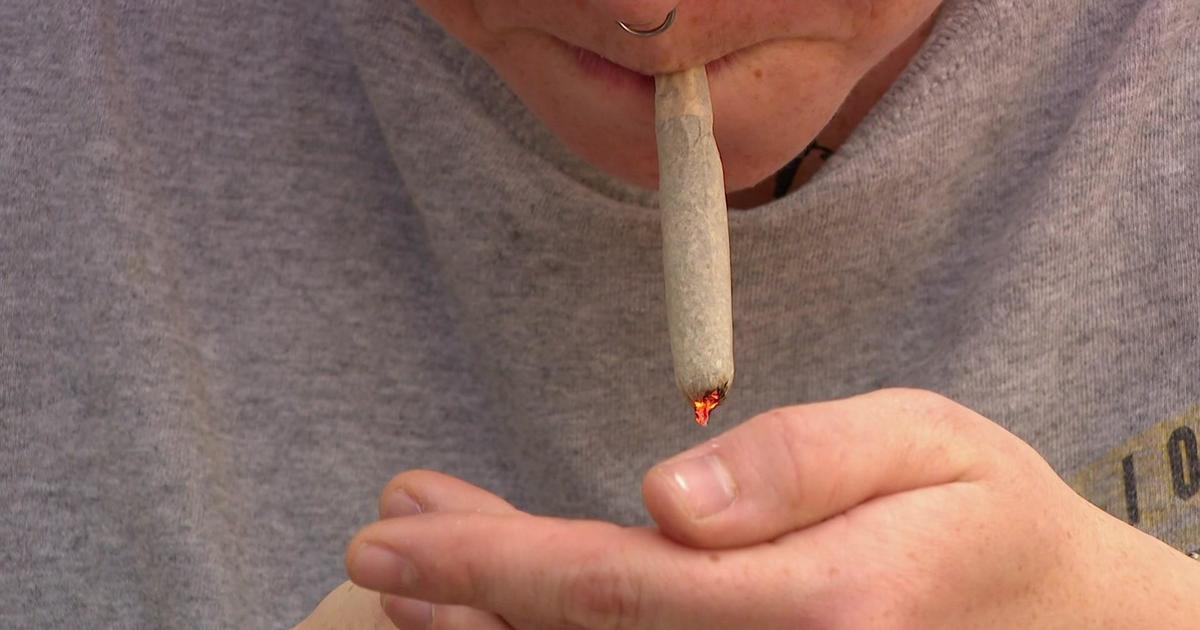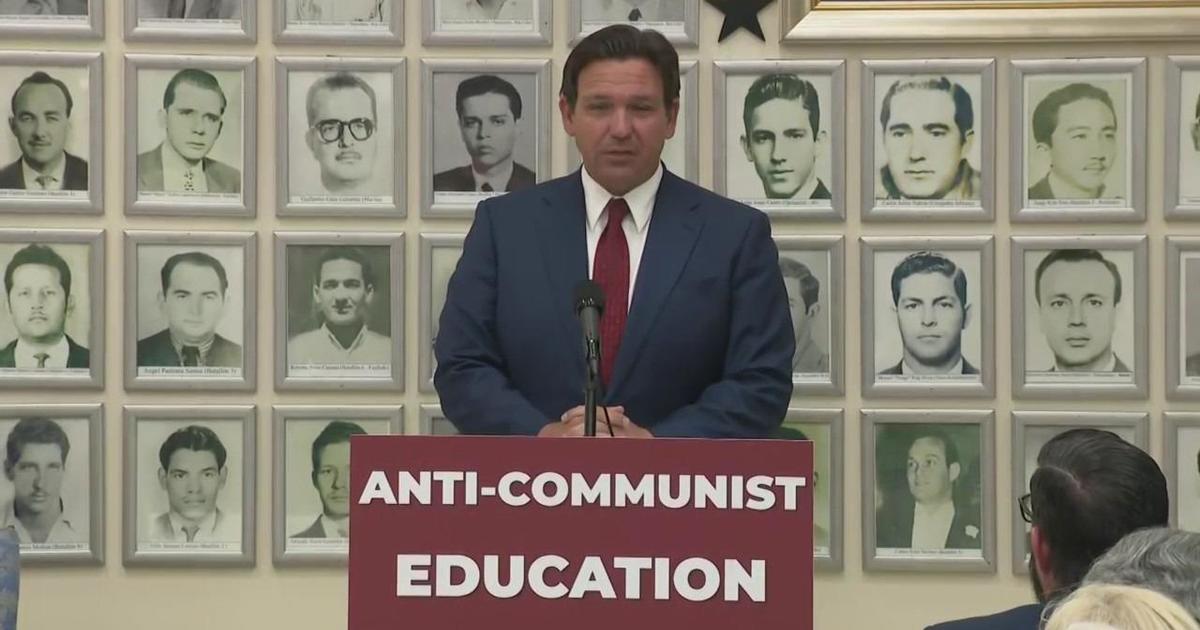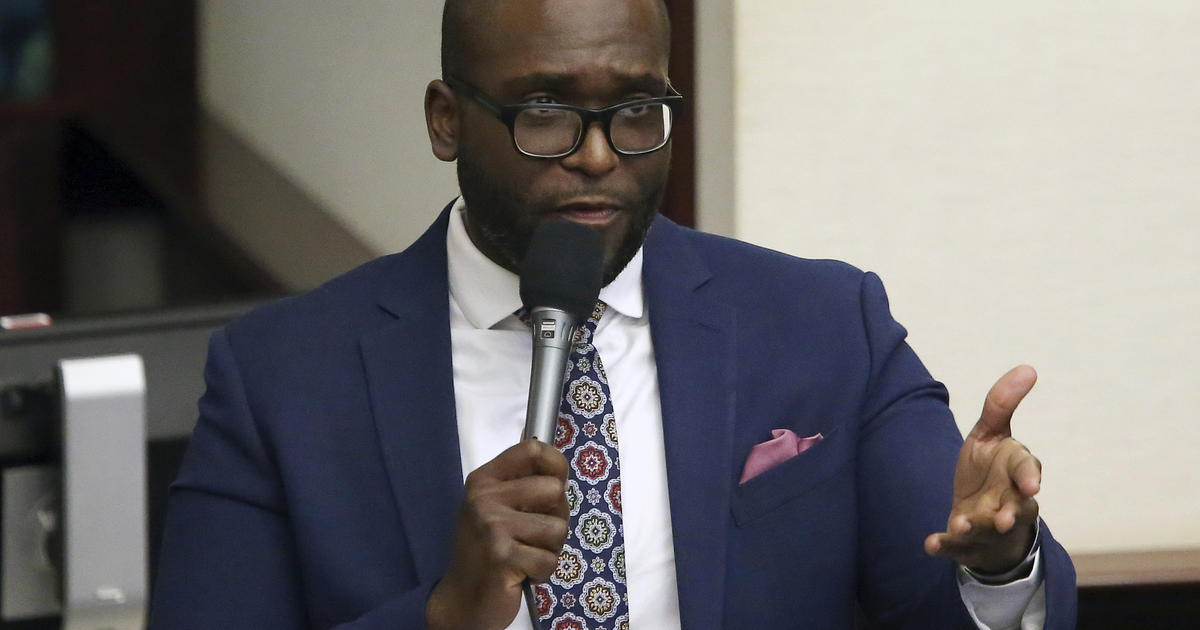Judge Rules Against Drug-Test Program
TALLAHASSEE (CBSMiami/NSF) - A federal judge has ruled that a 2011 law requiring welfare applicants to undergo drug tests is unconstitutional, striking a blow to Gov. Rick Scott's administration over the controversial tests.
Scott quickly said he would appeal U.S. District Judge Mary Scriven's Tuesday ruling, the latest defeat for the governor in a drawn-out battle over drug testing some of the state's poorest residents.
Scriven ruled that the urine tests violate the Fourth Amendment's protections against unreasonable searches and seizures by the government.
In a harshly worded, 30-page opinion, Scriven concluded that "there is no set of circumstances under which the warrantless, suspicionless drug testing at issue in this case could be constitutionally applied."
Scott, who used the mandatory drug tests as a campaign issue, insists that the urine tests are needed to make sure poor children don't grow up in drug-riddled households.
"Any illegal drug use in a family is harmful and even abusive to a child. We should have a zero tolerance policy for illegal drug use in families -- especially those families who struggle to make ends meet and need welfare assistance to provide for their children. We will continue to fight for Florida children who deserve to live in drug-free homes by appealing this judge's decision to the U.S. Court of Appeals," Scott said in a statement after Tuesday's ruling.
At Scott's urging in 2011, the Legislature passed the law requiring all applicants seeking Temporary Assistance for Needy Families" -- the "poorest of the poor" -- to undergo the urine tests. Applicants had to pay for the tests, which cost about $35, up front and were to have been reimbursed if they did not test positive.
Within months after the law was passed, the American Civil Liberties Union of Florida sued the state on behalf of Luis Lebron, a Navy veteran and single father. In October 2011, Scriven issued a preliminary order putting the law on hold. Scott appealed the decision but in February, an 11th Circuit Court of Appeals three-judge panel agreed with Scriven, ruling that the drug tests amounted to an unreasonable search by government. Scott later requested a full court review of the case but was turned down.
In her Tuesday ruling, Scriven relied heavily on the 11th Circuit opinion, which cited previous U.S. Supreme Court rulings that restricted urine tests by government agencies to employees working at dangerous jobs or in jobs where schoolchildren were involved.
Scott's lawyers argued that TANF recipients should be considered a "special interest" exception to the Fourth Amendment. The tests are needed to ensure TANF participants' job readiness, help the social welfare program meets its goals and guarantee that the public money is used for its intended purpose and not spent on drugs.
But Scriven criticized the expert witnesses, testimony and evidence the state used to defend the law.
"In sum, there simply is no competent evidence offered on this record of the sort of pervasive drug problem the State envisioned in the promulgation of this statute," she wrote.
The state failed to show that TANF recipients used drugs with more frequency than the rest of the population, Scriven found. But even if it had, creating a special class of people who would be exempt from the constitutional protections could be dangerous, she wrote.
"If persons in an economic demographic could be shown to have a higher rate of drug use, would all such persons in that economic group be subjected to drug testing? Even if such suspicionless testing as proposed by the State were limited to those persons receiving state funds, would college students receiving governmental assistance to subsidize their education, for example, be subjected to random, suspicionless drug testing if it could be shown that drug use is demonstrably higher among college students? The Supreme Court's Fourth Amendment precedent would suggest not," Scriven wrote.
Scriven's decision "is a sound rejection of the evidence that the state presented to the district court in its attempt to establish that TANF applicants used drugs at a higher rate than the general population," said ACLU of Florida Associate Legal Director Florida Maria Kayanan, the lead attorney on the case.
She called Scott's promised appeal "a waste of the state's time and taxpayer's money" but said "they certainly have the right to an appeal."
"The News Service of Florida's Dara Kam contributed to this report."



